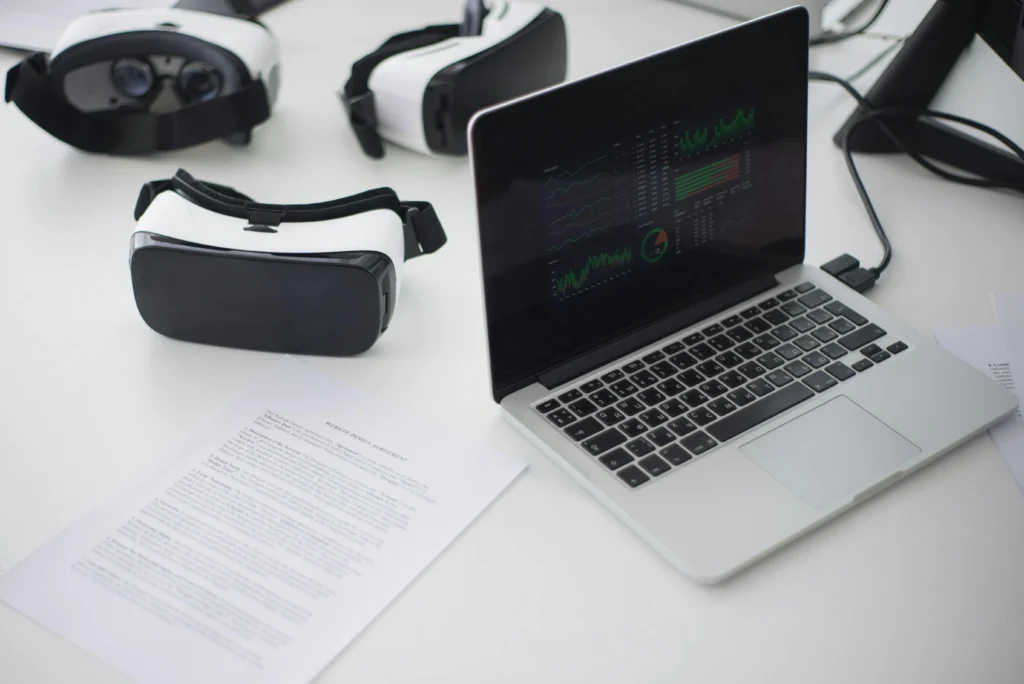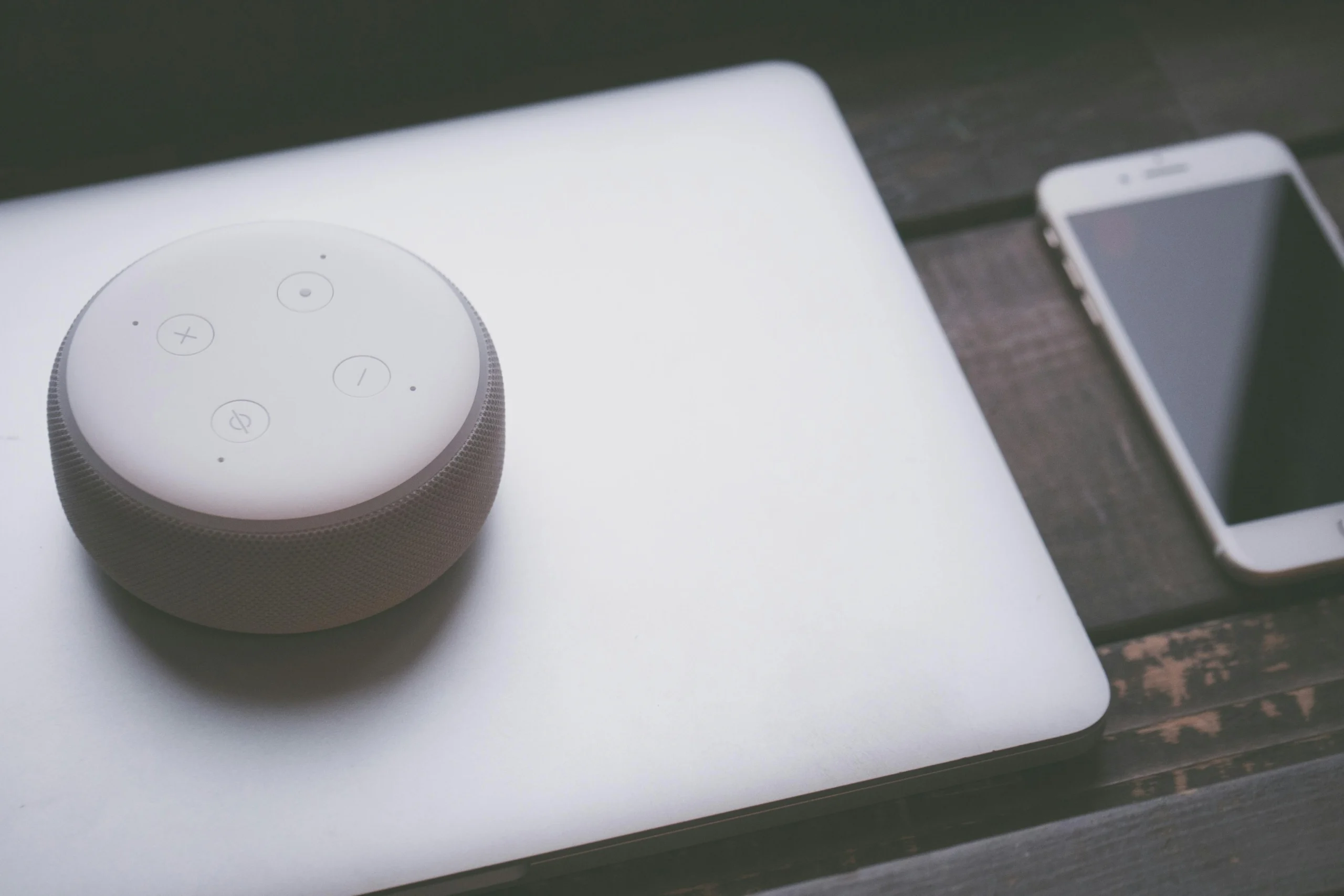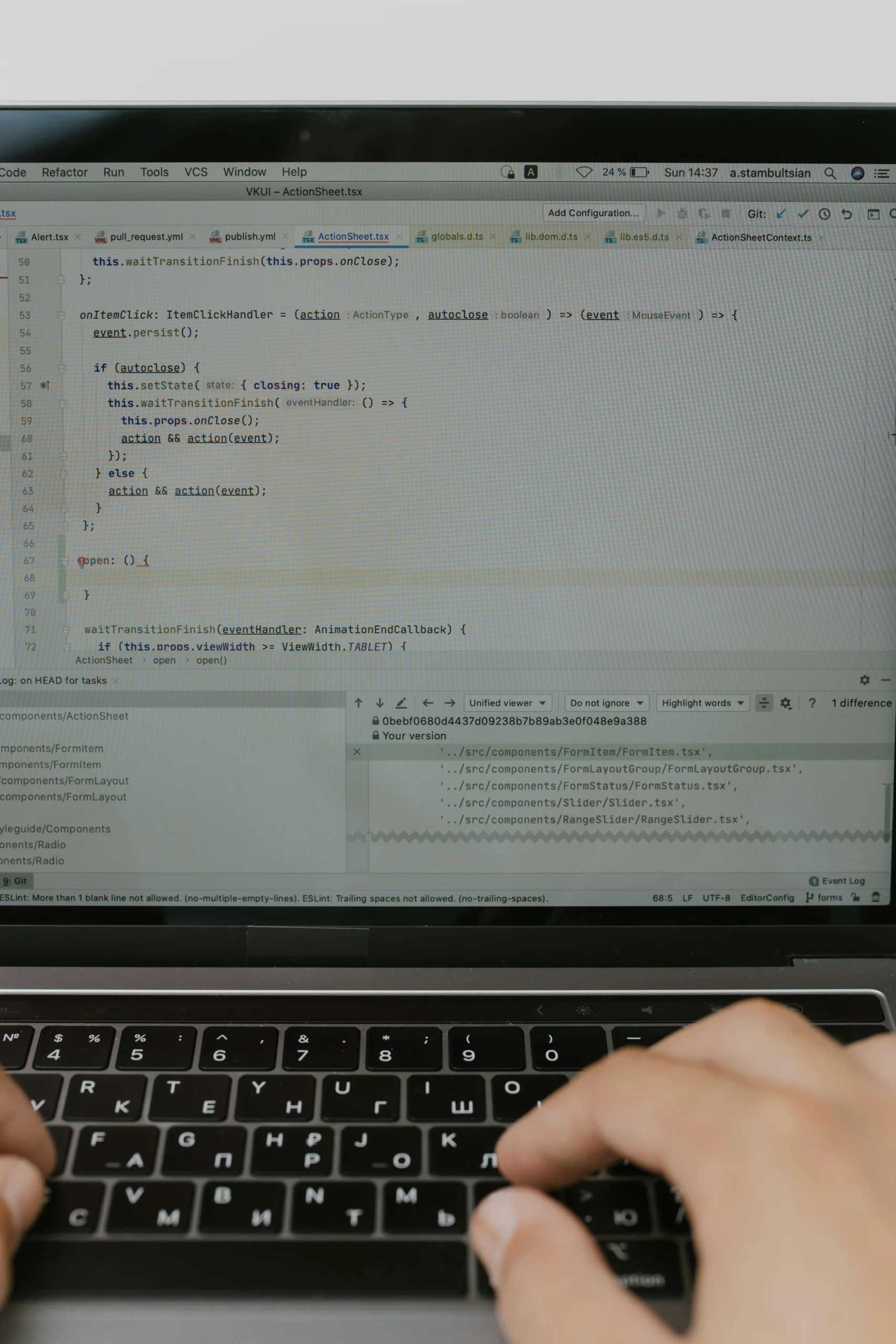Agentic AI represents an evolution in automation, moving from reactive systems to proactive agents capable of independently managing outcomes and adapting to complex environments. This technology allows software to not only execute commands but to also reason through multiple inputs and prioritize objectives. Organizations predicting the future of work must assess both the transformational potential and the challenges of integrating agentic AI into their existing workflows, notably focusing on data architecture and human oversight.
To fully leverage agentic AI, companies need to create a unified system of record, ensuring that AI has real-time access to consistent data. Clear governance frameworks are essential to outline agent autonomy and maintain ethical boundaries for AI decisions. The transition to agentic workflows involves reskilling teams to collaborate effectively with intelligent systems, fostering an environment where human creativity complements automated processes. As organizations centralize their operations and standardize procedures, they will gain a competitive edge, enabling AI agents to drive continuous improvement across business functions.
👉 Pročitaj original: CIO Magazine








